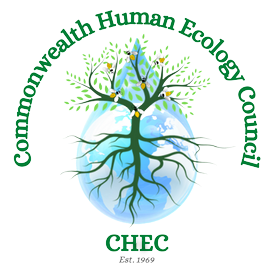Day 2 at COP29
On Day 2 of COP29, discussions intensified around key issues including climate finance, adaptation strategies, and emissions reduction targets. Leaders engaged in negotiations aimed at establishing clearer commitments from developed nations to support developing countries in their climate efforts. The need for increased transparency in reporting climate actions was underscored, with several nations voicing concerns over the adequacy of current pledges. Among them, island nations such as the Maldives and Tuvalu raised alarms about the insufficient commitments from larger emitting countries, emphasising the existential threat climate change poses to them.
Countries in the Global South, including India and South Africa, also highlighted the need for enhanced climate finance and technology transfer to ensure that developing nations can meet their climate goals. Brazil and Argentina echoed these sentiments, stressing the importance of equitable contributions from developed nations given their historical responsibility for greenhouse gas emissions.
Small island developing states (SIDS) collectively called for more ambitious targets, pointing to the need for urgent action to limit global warming to 1.5 degrees Celsius. Overall, the lack of concrete action beyond existing pledges and the perceived disparity between developed and developing nations in addressing climate change were key themes of concern at the conference.
Other highlights include: several events focused on technology transfer and innovation showcased successful initiatives from various regions, demonstrating the role of collaborative efforts in tackling climate change challenges. As the day concluded, the urgency of translating commitments into actionable plans remained a top priority.
Some other key highlights from Day 2 were:
In his speech at COP29 Azerbaijan President Ilhem Aliyev proclaimed that oil and gas are a "gift of god". UN Secretary General António Guterres announced shortly after that “doubling down on the use of fossil fuels was absurd".
Announcing that he was building the UK’s reputation as a climate leader, Prime Minister Keir Starmer unveiled a new emissions reduction target of 81% by 2035 from 1990 levels (the previous target was 68% by 2030).
Watch the World Leaders Climate Action Summit here:

